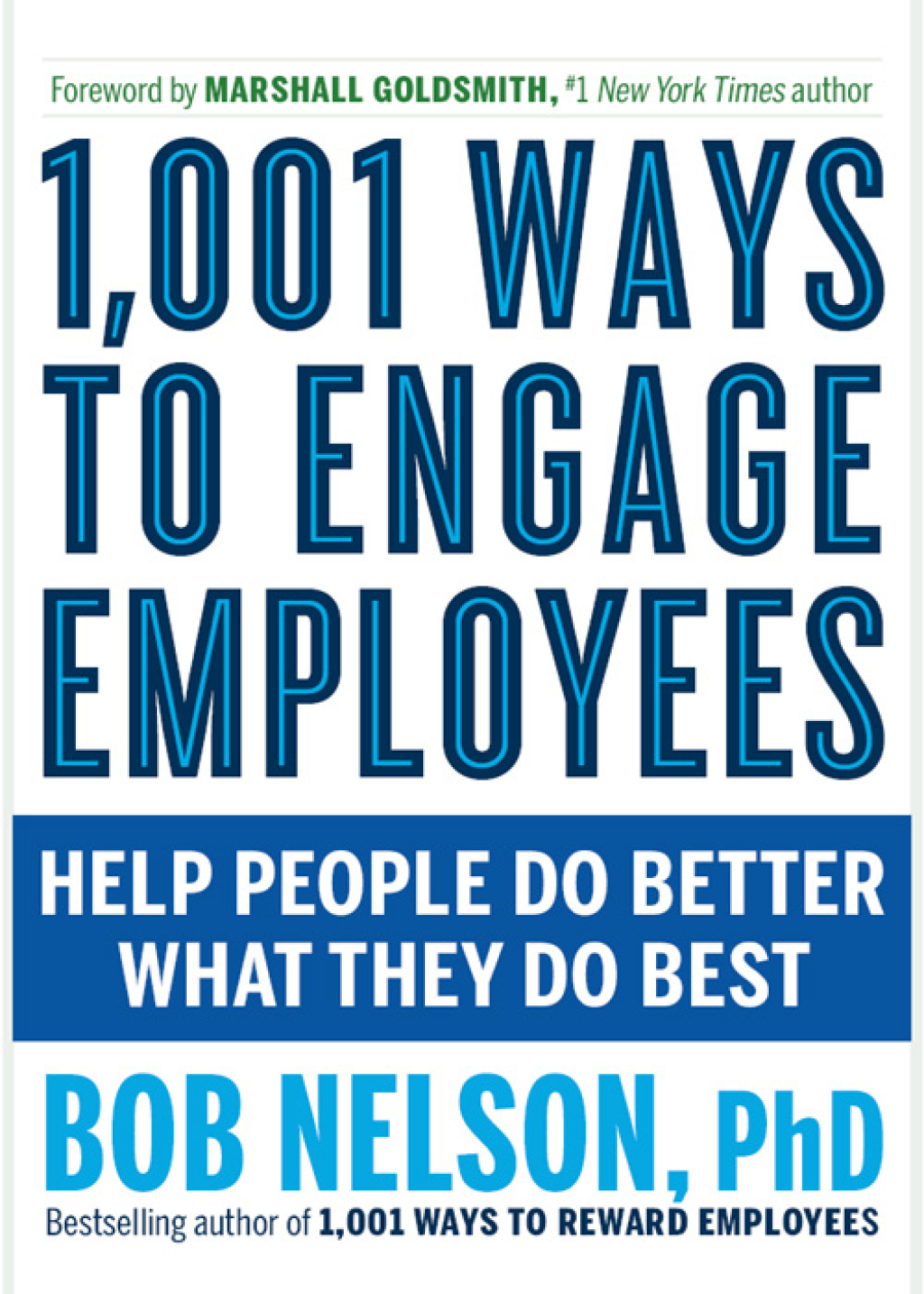Description
Given the infinite variety of risks throughout history, it is perhaps unsurprising that insurance – the world’s primary risk mitigation industry – developed a wide range of organisational forms by which it was delivered. Yet we know little about how and why different forms were chosen in the past, or why they survived or disappeared. This book is the first to examine the development of multiple organisational forms in insurance from an historical and international comparative context, and to relate historical analysis to modern organisational theory. Thirteen chapters cover eight major markets, US, UK, Germany, Japan, Spain, Sweden, Australia, South Africa, which together account for over half of all world insurance today. Each chapter is authored by an expert in their field, and several include new datasets. Major themes covered are the variety, choice, governance and regulation of organisational forms in insurance, the experience of mutual insurance in frontier economies and uncertain political environments, the long-run business performance of different organisational forms, and the problems surrounding the demutualization of modern insurance companies. The book suggests the need for important revisions to current organisational theory, and it highlights several explanatory factors that have received little attention from scholars. These include the importance of regulation and the role of the state in shaping the organisational landscape of insurance at different times and places; the role of entrepreneurship in organisational choice; the utility of organisational forms as a risk management device, and the significance of cultural preferences in the selection of organisational forms.






